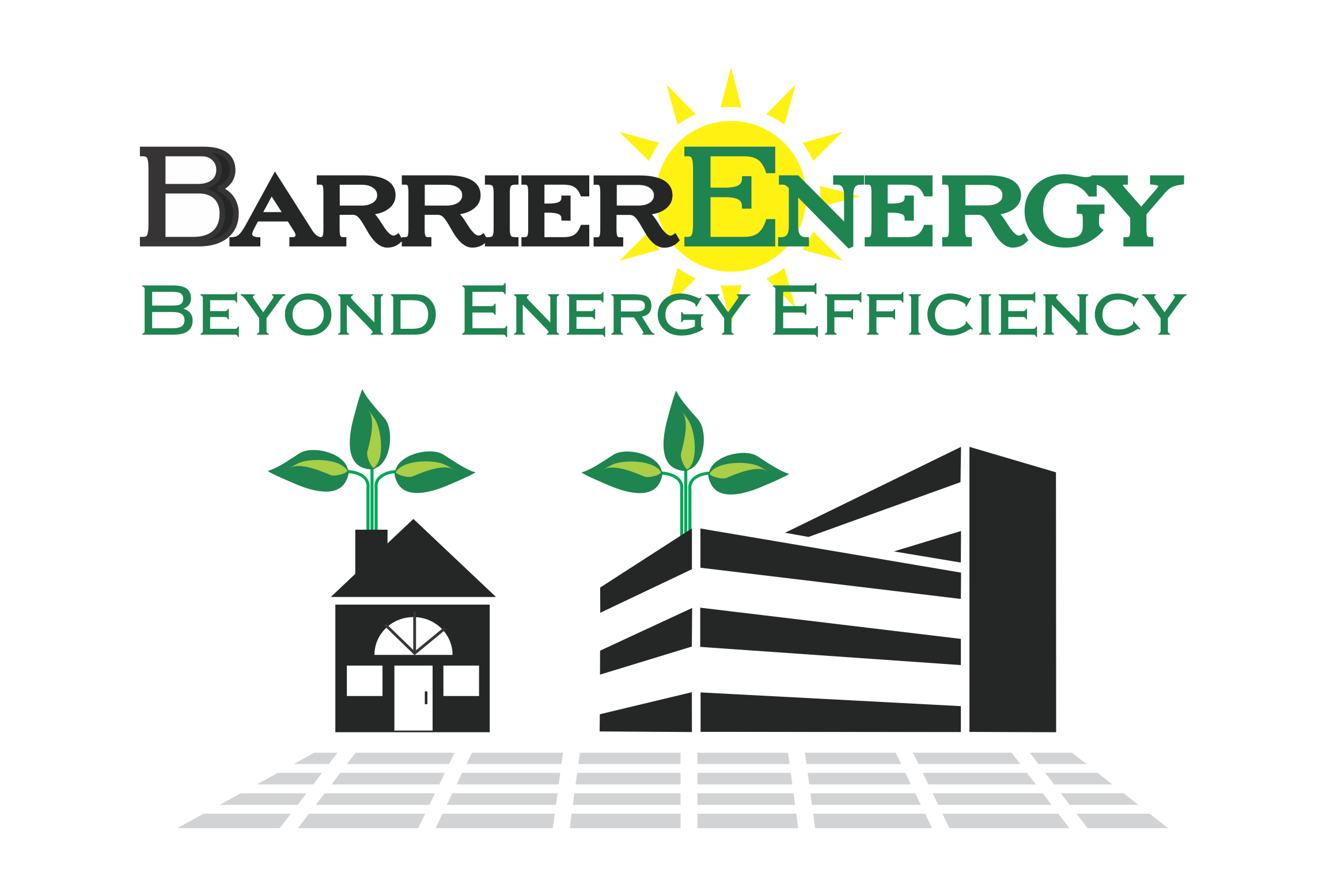What are Title 24 Exemptions?
Are you aware that certain Title 24 exemptions exist to help you get off the hook with the building department? Don’t get too excited now, these code exceptions only apply to very specific situations. In this article, we will go over the most common exemptions we’ve seen in our line of work. As HERS Raters, we verify properties for Energy Code compliance every day, so that you are ready for the building inspector. If you are working with us as our client, we will be sure to make you aware of exemptions and make your life as easy as possible. Wouldn’t it be nice if you could skip a couple of steps?
Natural Disaster Rebuilds
The first scenario that may offer code immunities is emergency-related rebuilds. When a wildfire or flood occurs, people can lose everything they’ve spent their lives attaining. California’s policymakers are hyper-aware of the natural disasters that occur within state lines. Thus, they ensure that homeowners affected by a natural disaster will not have to incur extra strife in the process of rebuilding their homes.
As you know, codes are updated every three years. Typically, whichever year you pulled the permit dictates what “cycle” of requirements applies to the project. For example, 2019 codes did not go into effect until January 1st, 2020. The 2020 code dictates that new residential constructions must install solar. However, the Title 24 exemption states that a rebuild occurring due to a FEMA-declared emergency does not have to adhere to all of the current code cycle requirements. So, if a fire burnt down a home in 2019 and the homeowner pulled a permit in 2020, they would not have to install solar. Solar does not apply in that situation, as the 2016 code is technically in effect.
Historic Buildings
Historic properties are yet another protected class in California. According to Santa Barbara’s Historic Landmarks Commission, they may designate a property as a ‘structure of merit’ or a ‘landmark‘ if it meets certain criteria. The property must be at least fifty years old and deemed to contain a historic value. Once they award the property such a title, it can offer numerous advantages.
Firstly, administrative approval planning fees are waived! Secondly, certain title 24 exemptions may be granted in light of historic preservation. These exemptions are typically applied to non-HVAC features of the building such as windows, doors, lighting, and insulation, to name a few. Keep in mind that these exclusions apply to remodel projects and not usually to additions. If you’re building an addition, everything within it is new. You would not have to worry about custom replacements or altering historic value, so that project would not fall under the protection.
Of course, each municipality has a different set of ordinances regarding historic buildings. It is wise to consult the municipal codes in which the property is located. We are happy to follow up with your local department for you and consult you in the process. Don’t hesitate to contact us for assistance.
Project Distress
If you were already aware of the last two Title 24 exemptions, I’m sure this last one will send you for a loop! Good job for sticking with us till this point. Energy Code Ace refers to yet another exemption that has applied consistently to all known code cycles of title 24, part 6. The California Energy Commission may choose to absolve any project from any requirement should it find that the project is lacking the funds it needs to comply and that the implementation of such requirement would cause unreasonable delays or costs. Only the Executive Director of the Building Department may grant such a request via an application. The application shall contain evidence of all the projects’ contracts, a summary of financial reports, detailed schedules of progression, and an estimated timeline for completion.
Now you Know
At BarrierEnergy, we believe education on the Title 24 process is important to provide. There are limited resources that are available to the public on this topic. We love to help our clients learn about anything that will help them achieve inspection approval. That’s our personal touch! We’ve listed a few of the most common cheat codes here, but there is a wide range of others that may apply to certain aspects of your job. Reach out to us for any questions about your project.
Please subscribe to our blog for more free information and to gain access to the latest updates on California Building Standards.


Recent Comments